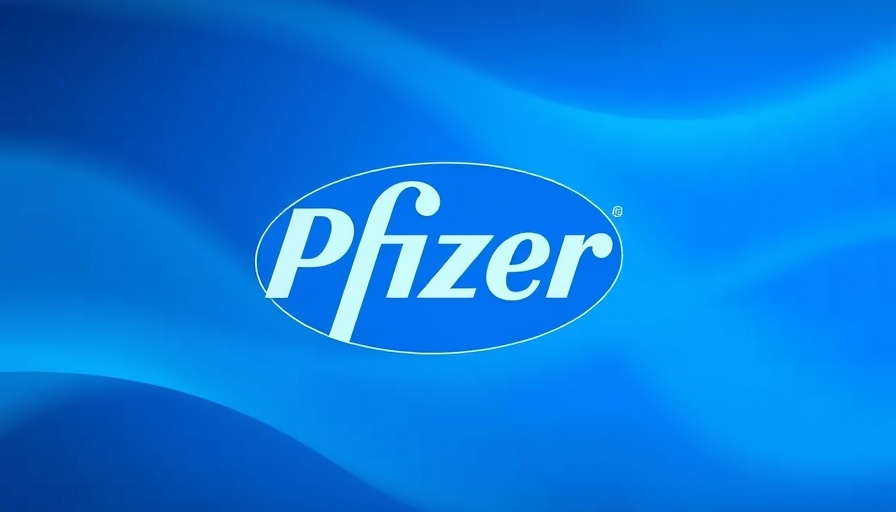
Pfizer’s Generative AI: A New Level of Health Information
In a world where we often turn to quick internet searches for health advice, Pfizer's recent introduction of Health Answers by Pfizer is making waves. This generative AI tool is designed to answer common health questions almost instantly, offering information that’s claimed to be derived from verified sources. Whether you’re curious about treating asthma or wondering if touching fentanyl is dangerous, this tool positions itself as a rapid-response information source, similar to well-known resources like WebMD.
Potential Risks: Navigating Misinformation
However, the marriage of technology and health comes with caution. Though Pfizer stresses that their AI responses are not to be taken as medical advice, there remains a significant risk that users might misinterpret the information as reliable guidance. For instance, when asked if one could die from touching fentanyl, Health Answers provided a warning about the dangers, which contrasted sharply with a prior, less cautious response from a model like ChatGPT. This highlights the complexities and risks involved with relying purely on AI-generated health information.
The Financial Aspect: Profitability and Transparency
Interesting financial dynamics come into play as well. Pfizer has distanced Health Answers from its pharmaceutical sales, specifying that it operates independently. Despite this, the connection to their other service, PfizerForAll, which links patients to telehealth providers, raises questions about the metrics of success for Health Answers. Further complicating this is the site's disclosures that they may earn fees from any services engaged through their links, underscoring the potential commercialization of healthcare advice through technology.
Understanding the Technology Behind the Scenes
Delving into the technology, Pfizer attributes its development to Microsoft and OpenAI, ensuring that their product includes proprietary enhancements for optimized health responses. This collaboration suggests a robust commitment to both technological advancement and the ethical deployment of health information systems.
What Lies Ahead: Future Considerations
As we watch the integration of AI into personal health consultations unfold, this raises significant questions about trust and efficacy in healthcare communications. The potential for AI to either aid or mislead users in making health decisions is immense, and the conversation around accountability in these scenarios is just beginning. Innovations like Health Answers could revolutionize how we access health information, but they also necessitate a vigilant approach to user education and ethical guidance.
In sum, as healthcare continues to embrace the promises of AI technology, it is essential for users to remain informed, cautious, and proactive in understanding the implications of such tools on their health journeys.
 Add Row
Add Row  Add
Add 




Write A Comment